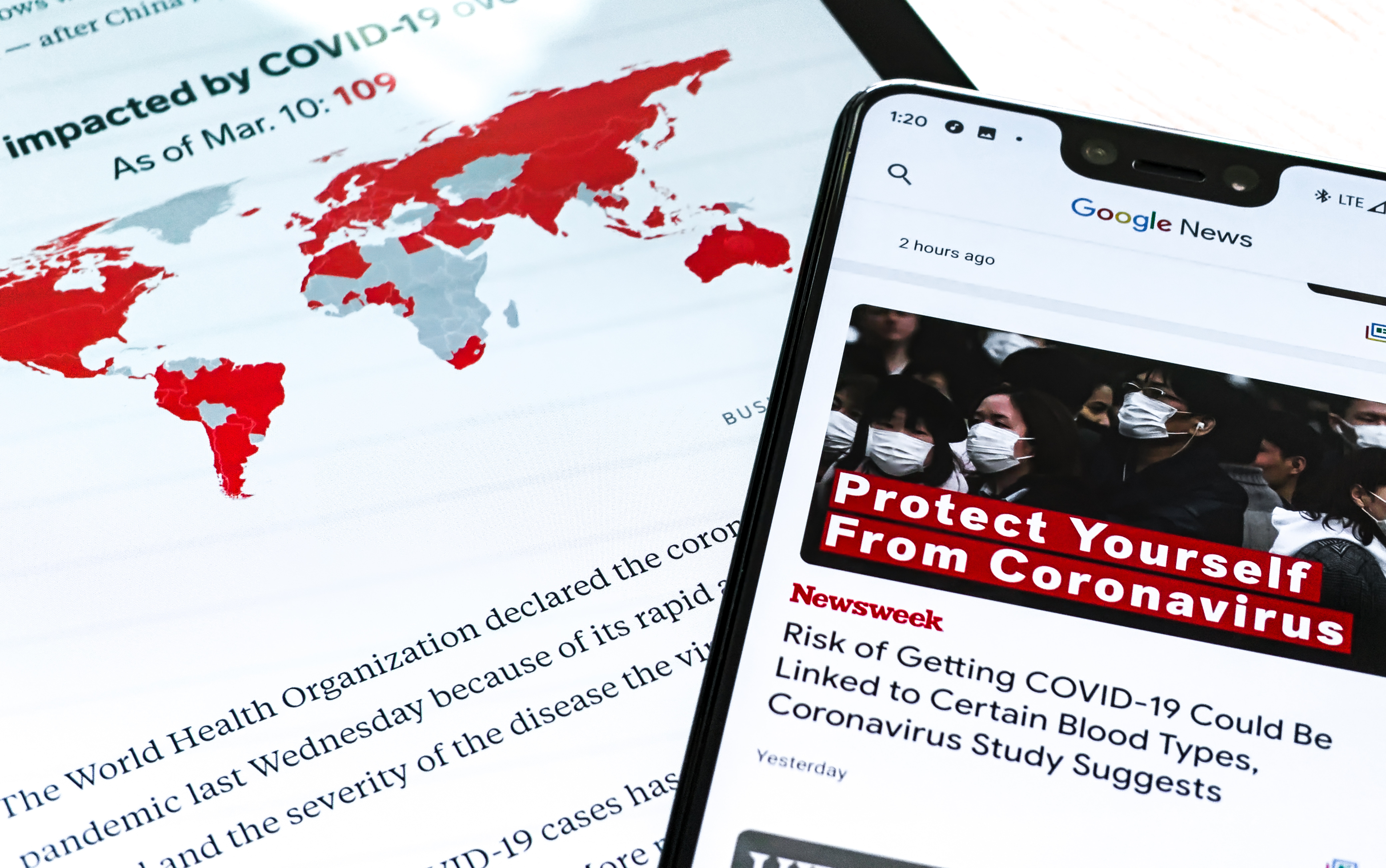Lockdown 2.0: How to prepare for the second wave of coronavirus

There are two types of people – those who were happy to return to their offices and those who would like to continue working remotely. For some – normality has returned, for others – „normality” will not return for long. A good manager plans in advance and should be aware that a long time is still needed to return to business management before the pandemic.
Especially when looking at the philosophy of doing business – optimization so fashionable beforehand revealed its shortcomings during the pandemic to many companies. The prophecies of many economists, who claimed that excessive optimization of resources is extremely risky in case of unforeseen events, came true. The key to preparing for a potential lockdown is to develop the company’s resistance to external events. How to do that?
Preparing emergency financing scenarios
A financial stability plan is a necessary part of a crisis management strategy. Deliveries, cash flow and financial management concerns not only the implementing company, but also cooperating entities.
Preparation of reserves
Additional materials, distribution facilities or personnel ready for additional work – this is a security buffer in case of unforeseen circumstances. Of course, the backup resources do not have to be left unused. Having reserves should encourage managers to look for new opportunities, competencies and development paths. It is also possible thanks to new technologies – managing resources, work, competencies and support with new IT solutions.
Implementation of technological solutions
New technologies allow to increase process efficiency and liquidity. Implementation of new solutions and increasing the functionality of technology in the company allows to prepare for a possible difficult period – both economically and in HR departament. One should also remember that the advantage of technological solutions is their scalability. On the example of message handling by the AI Busters system – the system can process any number of queries, supporting the BOK consultants in their work in the office and remotely. In this case, the technology itself serves as a buffer.
“Some economists predict that the worst phase of the pandemic is still ahead of us. It is worth using this moment to analyze all possible scenarios and prepare your organization for every eventuality.
At AI Busters we provide the know-how and technology to handle and speed up the processing of potentially any number of consumer inquiries. This is a good moment to think about integrating AI Busters with your systems.”
Karol Kowalczyk Co-founder AI Busters
Observing the labour market
According to the latest research, already 1 in 6 people under 25 lost their jobs during the pandemic. Nearly 1/4 of the young workers work shorter hours and earn less than they would like. The behavior of an experienced worker is more important than ever, but what if the labour market is filled with inexperienced staff? In this situation it is worth thinking about accumulation of knowledge, creating online training and instructions that will help to implement even the least experienced employee. Such a function can also be performed by work support systems – for example the AI Busters engine, which helps to manage communication of customer service consultants.
Internet – place of your business card during COVID-19
If nothing operates and everything is closed – the Internet functions and in it customers will look for all information about the company. Conducting an audit of the website, presence in social media and search engines is the basis. Removing unnecessary content, updating data and enabling easy contact – in social media, by phone and e-mail. The principle is simple – if your client doesn’t find the answer to a question about your company, services or goods during the pandemic – he will probably not come back.
Don’t forget about your employees
The coronavirus made the technological development of enterprises a necessity and significantly accelerated. Companies are making digital transformations. Ensuring the proper motivation and well-being of employees in these difficult times is the key to the proper functioning of any company.
Prepare for the worst-case scenario
Everyone wants to think optimistically, but in business this does not always work. Planning in accordance with the principles of defensive pessimism – predicting the worst case scenario – helps to protect the company from over-optimistic assumptions, which in the case of unforeseen events result in a decrease in the quality of service and in the worst case – a loss of liquidity and the need to close the business.
